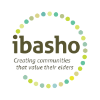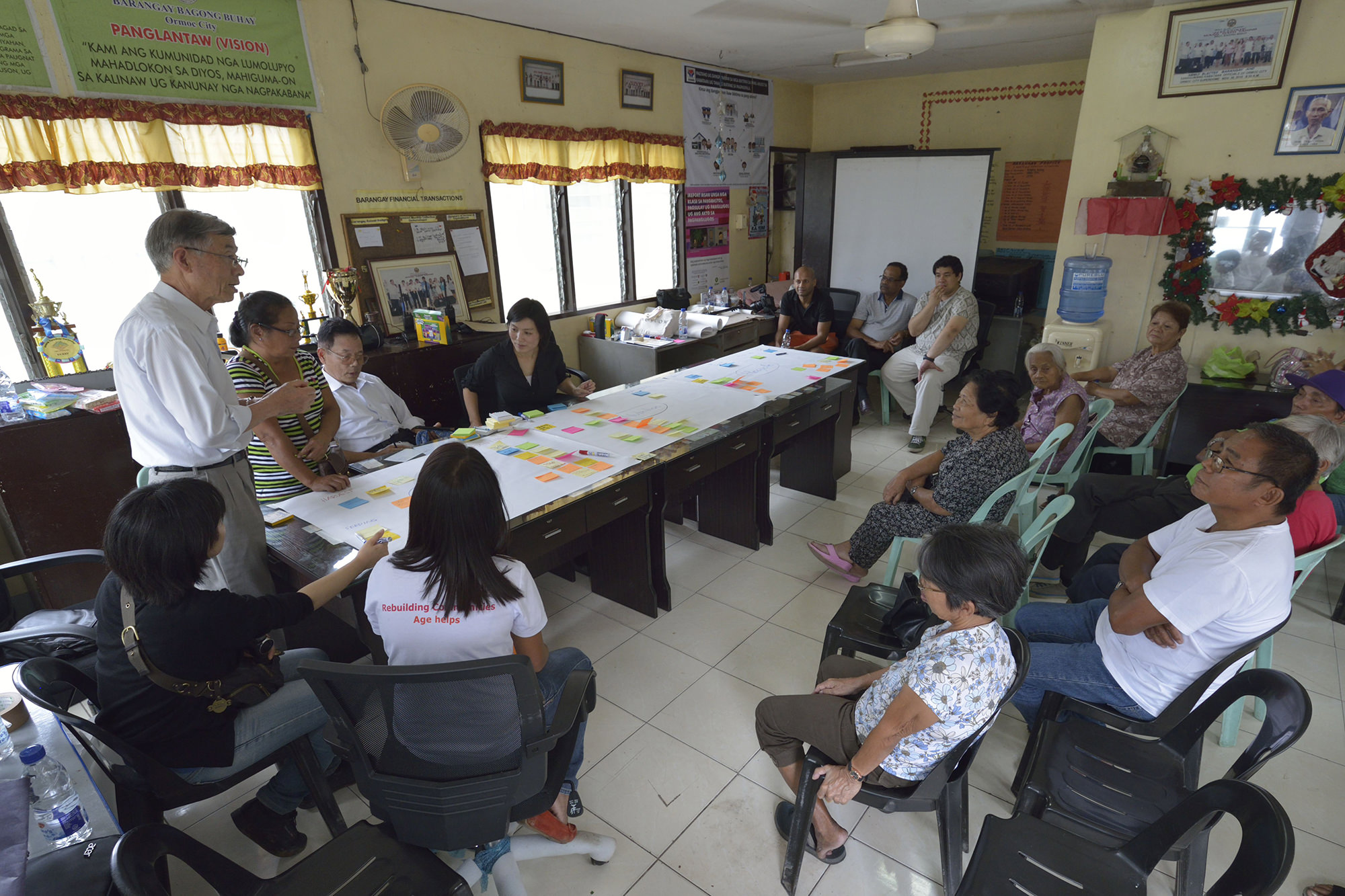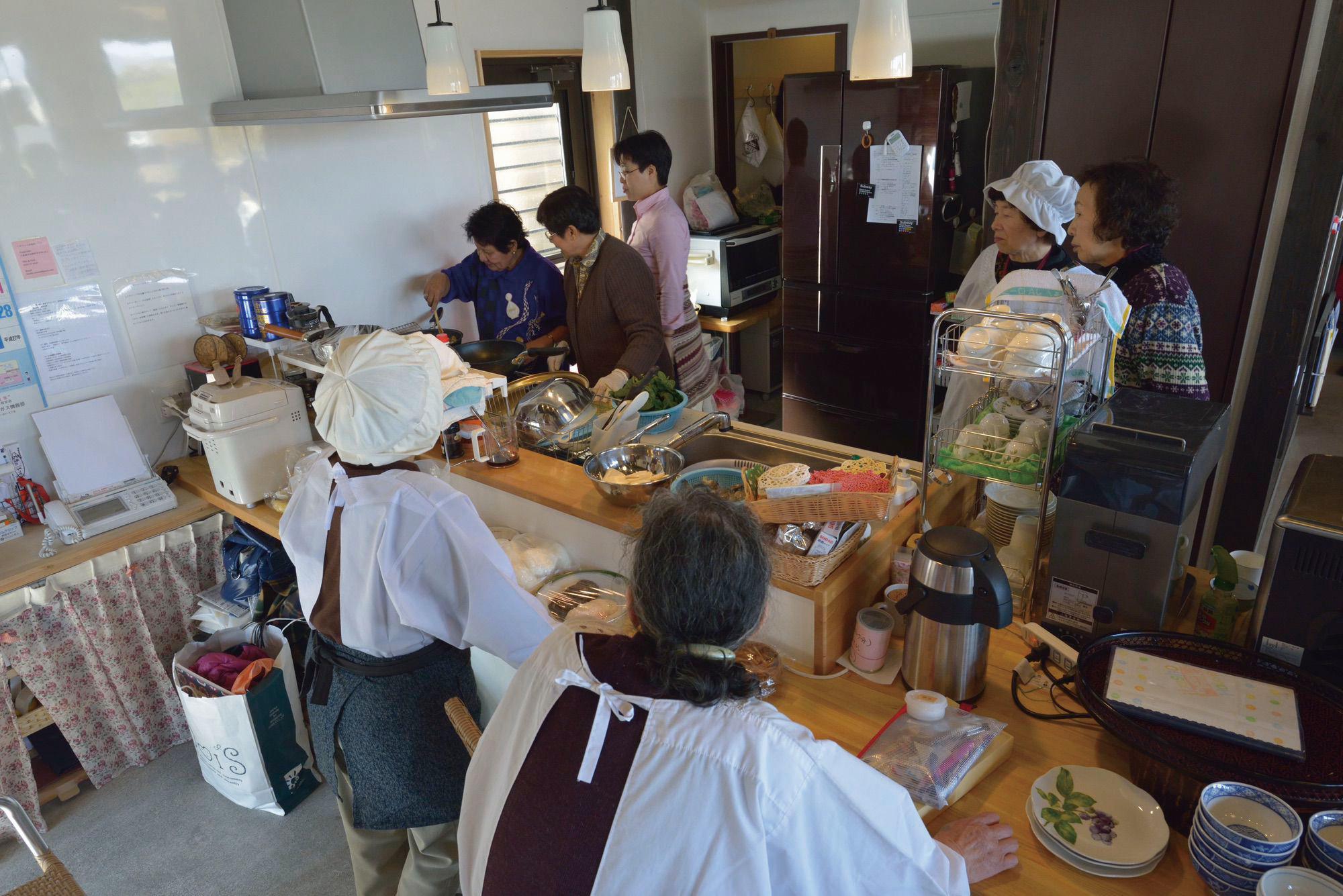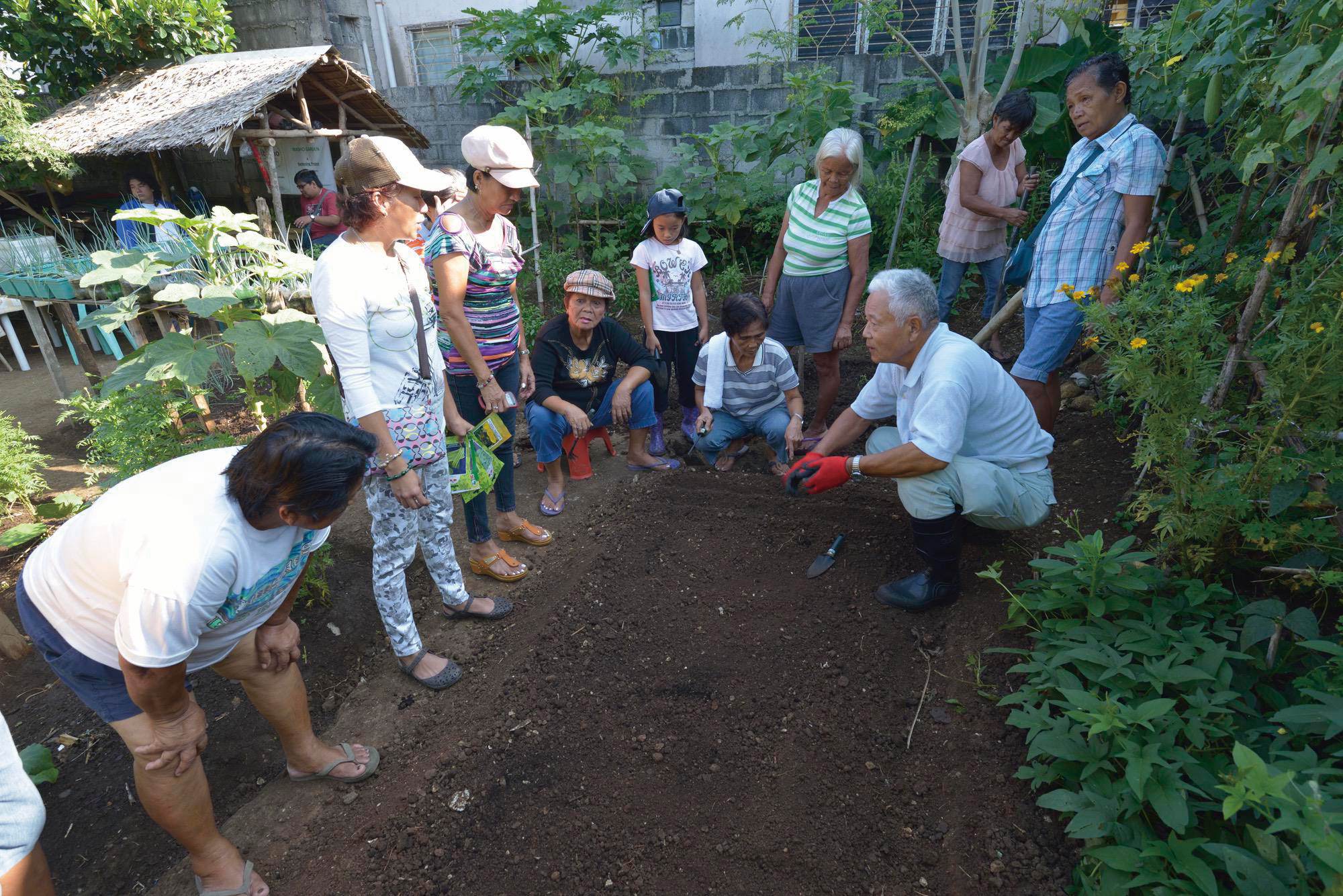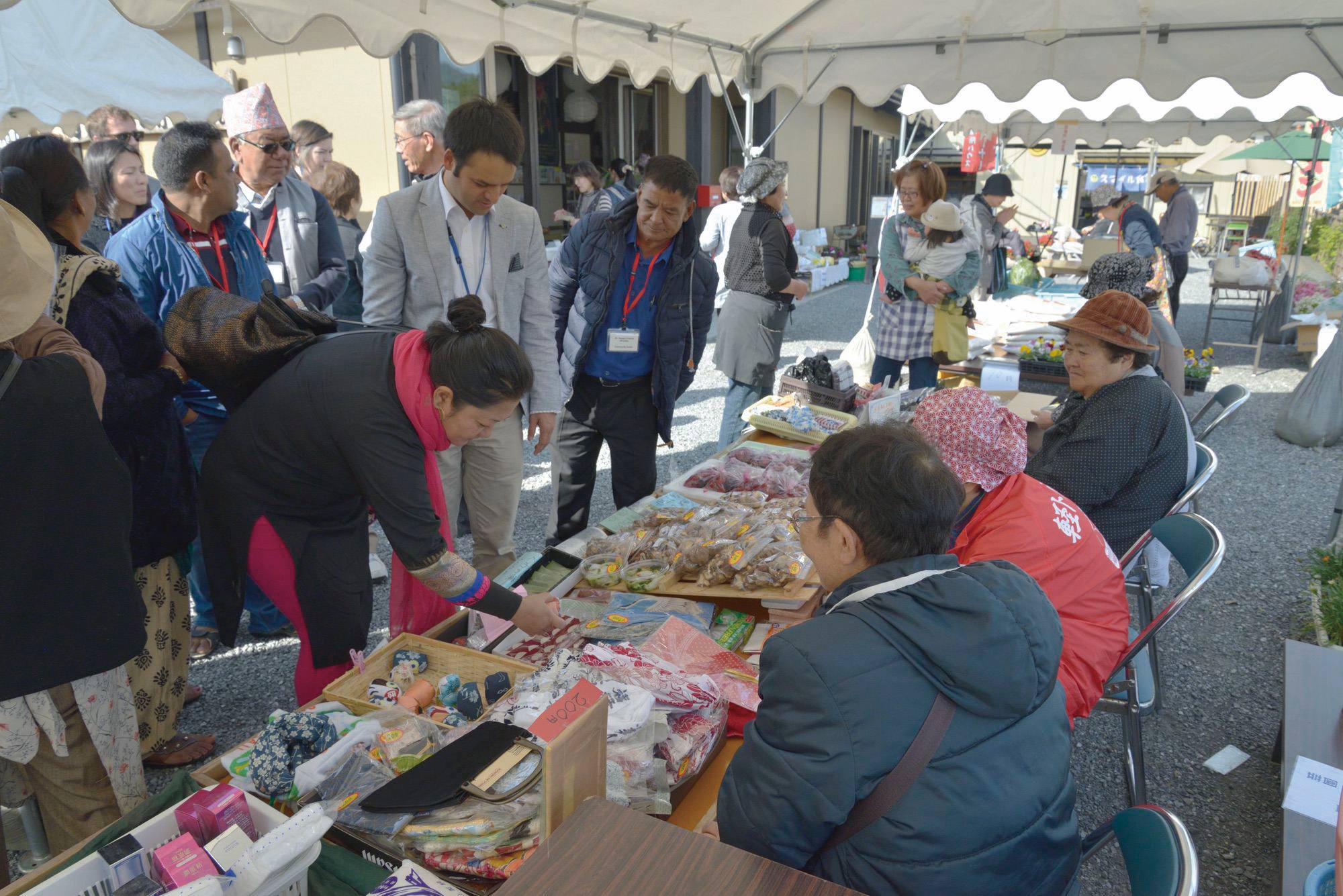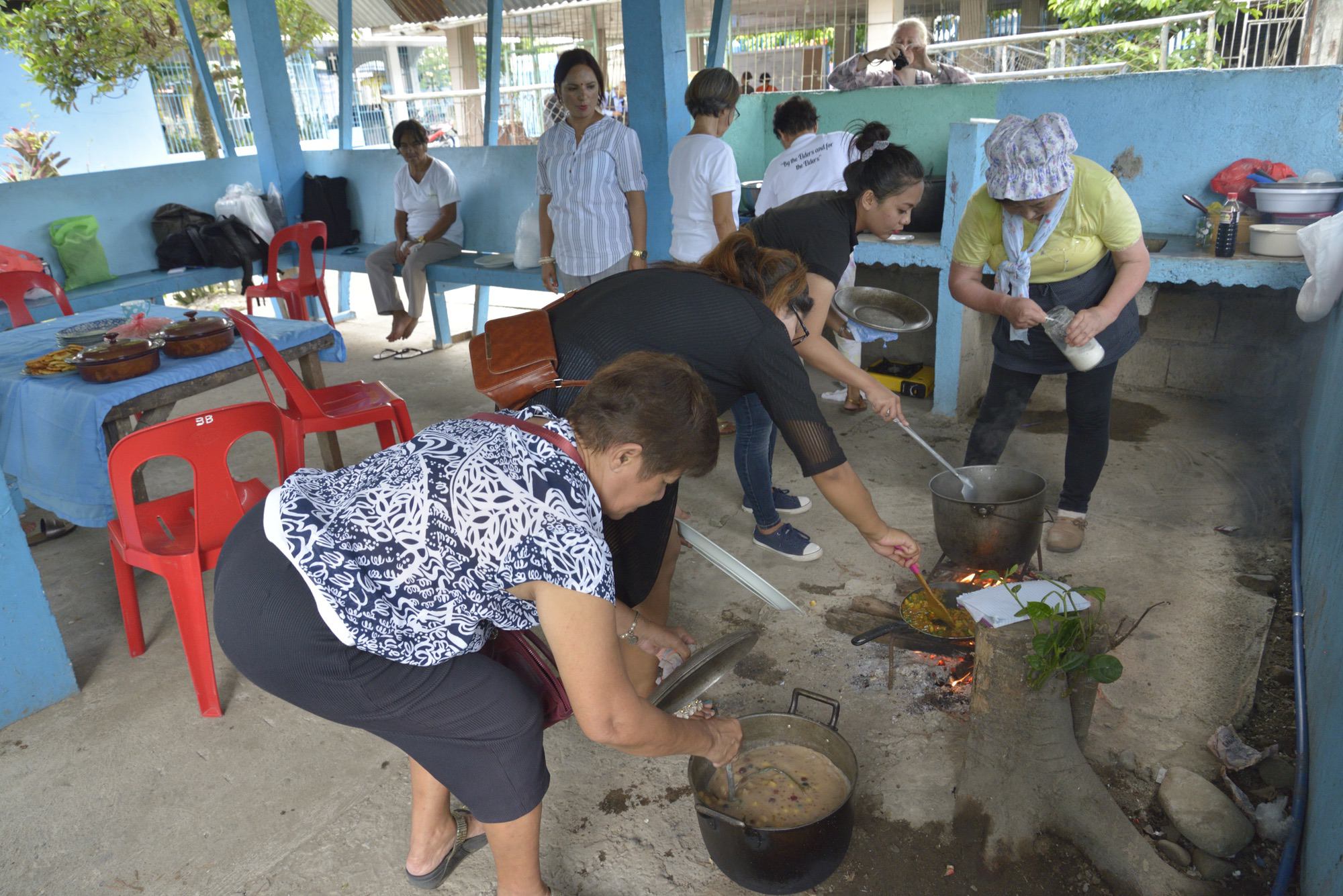Because we strongly believe that elders are valuable and underutilized assets to our society, Ibasho has created several opportunities for Ibasho elders to share their knowledge with their fellow elders and to serve as technical experts in disaster risk management, international development and more. These peer-to-peer cross-site learning exchanges were designed to help spread Ibasho organizations across the world, develop a greater global awareness of the power of positive aging, and create a global community of elders.
The exchanges began when elders involved in Ibasho House in Japan expressed interest in sharing their experience and knowledge with elders from different communities and settings who are developing Ibasho projects of their own. Over the last four years, elders and other community members traveled five times among the three Ibasho sites, learning from one another to implement the Ibasho concept more effectively in their communities.
Contents
Japan to Philippines
In January 2015, two members of Ibasho House Japan paid a visit to the Ibasho project in Ormoc, Philippines. Elders from Japan helped facilitate the workshop and shared their experiences in developing and operating their Ibasho project. Their input helped the Ibasho Philippines elders decided to take on recycling, nutrition for children, and gardening as three of their activities to raise funds and contribute to the community.
Philippines to Japan
A public forum titled “Elders Leading the Way to Inclusive Community Resilience” was held at the 3rd UN World Conference on Disaster Risk Reduction at Tohoku University in March 2015, and a report titled “Elders Leading the Way to Resilience (Conference Version)” was published by the World Bank. Two members of Ibasho Philippines and the local coordinator attended the conference. Afterward, the three visited Ibasho House in Japan, along with other conference participants, to learn how Japanese elders were operating their Ibasho project in a self-sustainable manner.
Japan to Philippines
In October 2015, a Japanese elder joined the Ibasho technical team in a visit to the Ibasho project in the Philippines. At an Ibasho operations workshop, the Japanese elder talked about challenges and opportunities he had encountered as part of the Ibasho project in Japan.
Nepal to Japan
Also in October 2015, four members of Ibasho Matatirtha and their local coordinator visited the Ibasho House in Japan, the office of fishery coop, a disaster recovery public housing venue, and a temporary housing site in Ofunato, along with Nepalese government officials and representatives of the World Bank. The visitors and Japanese elders exchanged ideas on how to start and maintain an Ibasho project effectively.
Japan and Nepal to Philippines
Twelve community members from Ibasho Nepal and Japan joined the elders in Ormoc in June 2018, after a two-day symposium at the Asian Development Bank in Manila, Philippines. The program was organized mainly by the elders from Barangay Bagong Buhay, Ormoc, with the support of the World Bank Global Facility for Disaster Reduction and Recovery. The elders exchanged their knowledge at the Ibasho Philippines site, visited a mangrove ecotourism park in Barangay Naungan to learn about running a successful livelihood project, made a signboard and cooked each other meals using recipes from all three of their countries. They all attended a groundbreaking ceremony organized by Ibasho Philippines.
Lessons learned from peer-to-peer knowledge exchange
Directly learning from elders from other projects about their successes and challenges in implementing and maintaining an Ibasho program is an excellent way to motivate elders who are creating an Ibasho project. Learning that the challenges and difficulties they face have been faced in other countries can make the elders feel less alone, while hearing how their peers in other countries overcame those problems can help them solve their own. Establishing continuous peer-to-peer support among the elders from different locations facilitates that process. It is also important to capture and record the knowledge gained in these experiences, so future Ibasho team members can learn from them as well.
